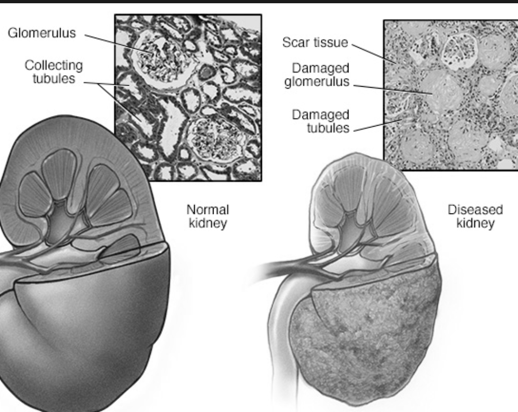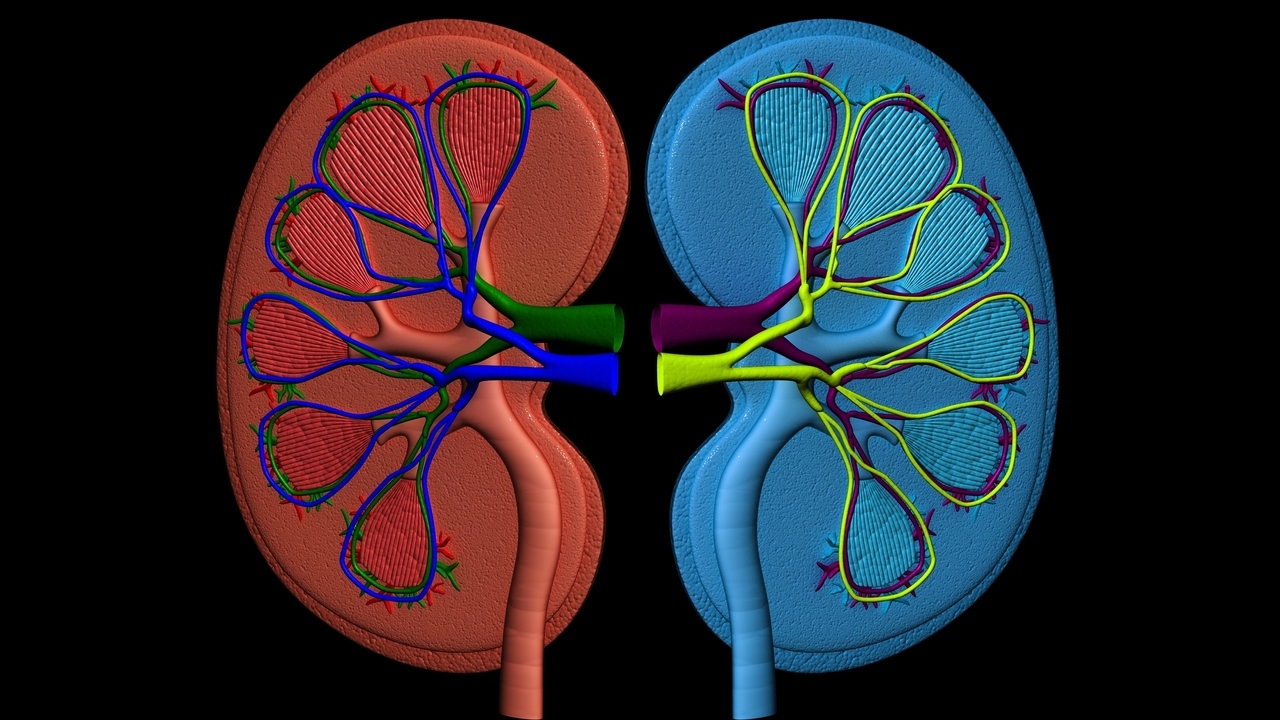Dating back to ancient China, the theory of yin-yang has been the Chinese foundation for understanding the material world. All of traditional Chinese medicine (TCM) is based on this theory of yin-yang.
It is the basis for understanding all of organic structure of the body, physiological functions like circulation, respiration and reproduction, and illness in the body. Yin-yang is the determining factor in the diagnosis, treatment and prevention of all illness.
In regards to the organic structure of the body, yin relates to the physical body. Yang relates to its activity or function. Regarding yin, the physical forms are the foundation for functions. Functions are the physical forms' motivating power.
According to traditional Chinese medicine, the kidneys are the center of the body's yin and yang, or the origin of life. The kidneys contain primordial yin (kidney yin, true yin or true water) and primordial yang (kidney yang, true yang or true fire). Nutrients are stored and physiological functions take place here.
Kidney yin is the foundation of yin fluid for the body. It nourishes the organs and tissues. Kidney yang is the foundation of yang fluid in the body. It warms and enhances organ and tissue function.
Kidney yin energizes physiological functions while kidney yang stores kidney yin. These two are eternally and intrinsically interwoven, promoting an internal harmony between yin and yang, and healthy organs. This ongoing interaction of yin and yang maintains the existence of life.
If yin and yang are thrown out of balance, illness results. Kidney yin deficiency can cause a dry mouth and throat, constipation, dizziness, hearing problems, knee and lumbar pain and weakness.
It can cause a weak or rapid pulse, sweating, tinnitis, and hot palms, chest and soles of the feet.
If kidney yin suffers, then so does kidney yang. In traditional Chinese medicine therapies, strengthening yin will maintain yang, and strengthening yang will maintain yin. This symbiotic interaction restores a proper balance.
Manifestation of kidney yang deficiency present with symptoms of cold, such as cold and pain in the arms and legs, and the lumbar region.
Kidney yin deficiency and kidney yang deficiency portray different stages of an ongoing process. Kidney qi deficiency if not handled correctly, will lead to kidney yang deficiency. The reverse is also true.
If kidney yang deficiency is corrected, this will cause any symptoms of a kidney qi deficiency to be reduced, and gradually recovery can occur.
Resources:
Traditional Chinese Medicine (TCM) and Back Pain
http://www.spineuniverse.com/treatments/alternative/traditional-chinese-medicine-tcm-back-pain-1
Traditional Chinese medicine in the treatment of the menopause
http://www.gfmer.ch/Books/bookmp/67.htm
Traditional Chinese Medicine Basics
http://www.tcmbasics.com/zangfu_5zang_kidney.htm
Understanding Kidney Yin and Kidney Yang
http://www.shen-nong.com/eng/principles/kidneyyinyang.html
Visit Jody's website and blog at http://www.ncubator.ca and http://ncubator.ca/blogger






Add a CommentComments
There are no comments yet. Be the first one and get the conversation started!